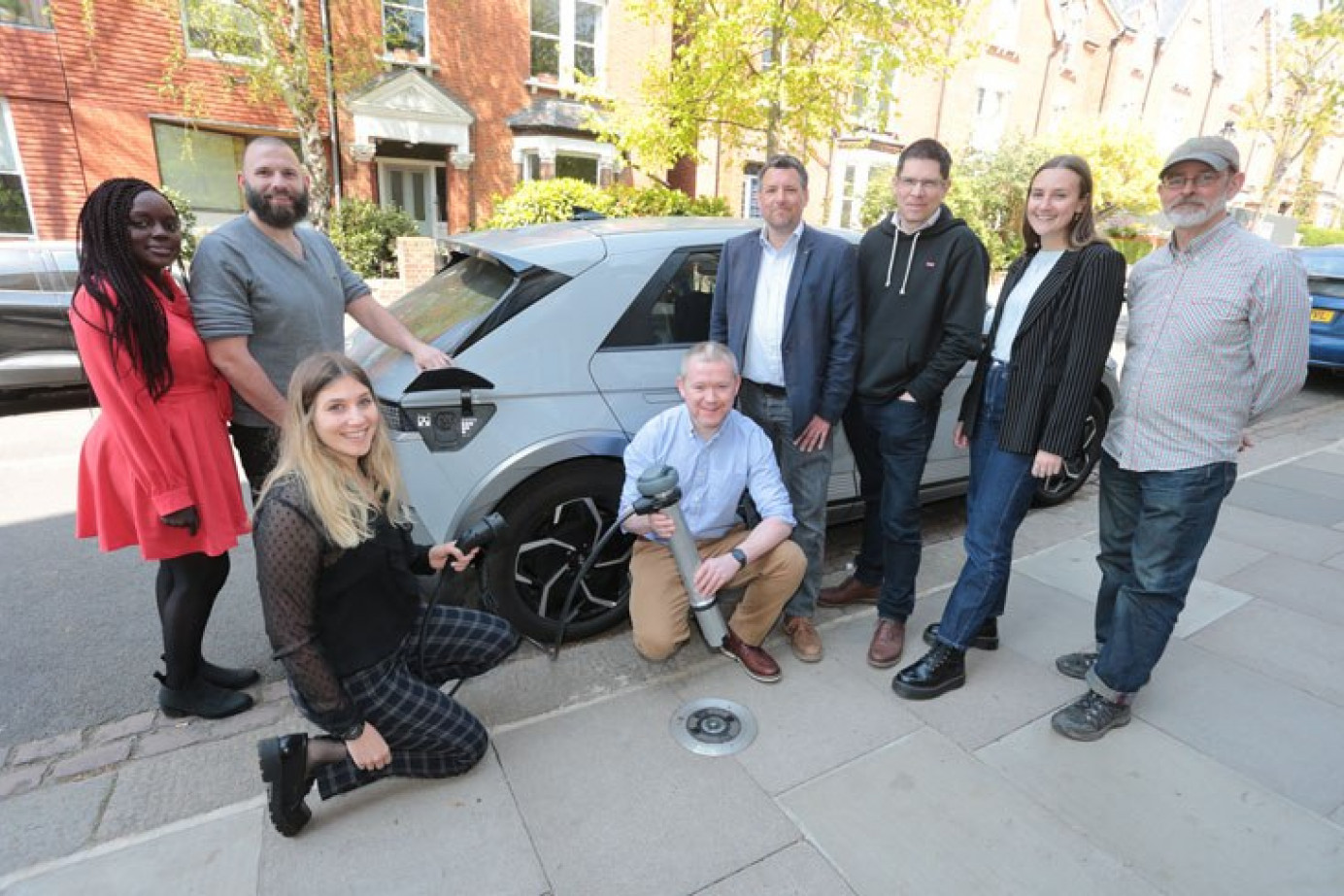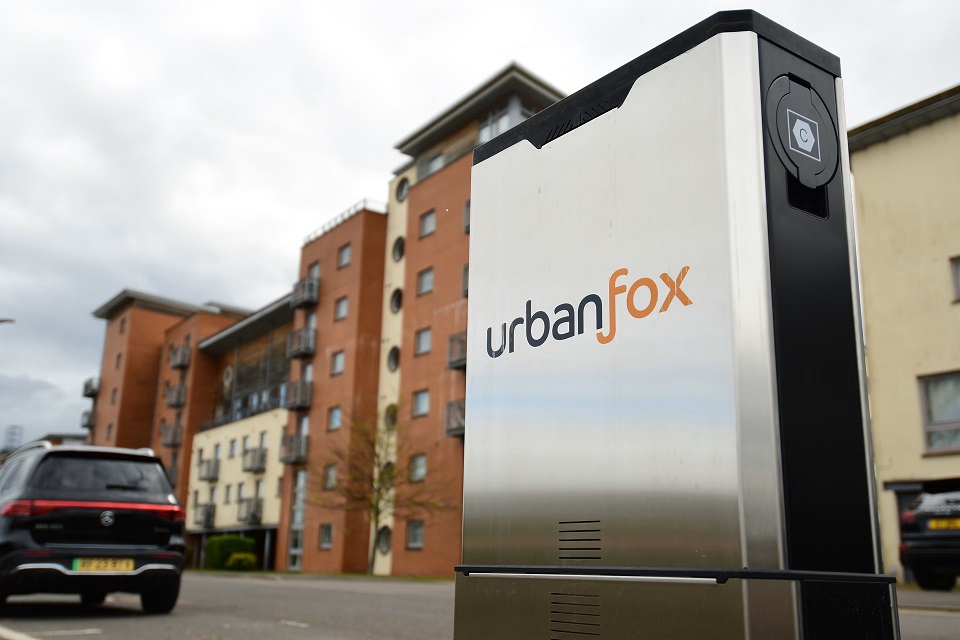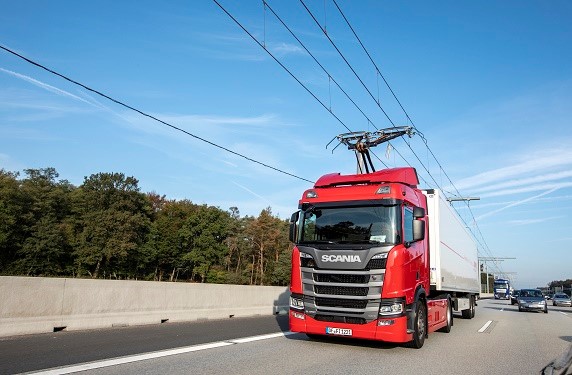
The project has been led by energy consultancy Element Energy, an ERM Group company, and will result in local EV drivers trialling 150 new on-street chargepoints. The chargepoints, designed by Trojan Energy, sit "flat and flush" with the pavement so have no permanent raised structure.
Element Energy says the technology will provide vital on-street charging for those without driveways or garages, in addition to keeping streets clear of additional clutter.
The company adds that the full launch of the trial is a key milestone in the three-year Subsurface Technology for Electric Pathways (STEP) project, funded by the Office for Zero Emission Vehicles (OZEV) and delivered by Innovate UK, which has seen the chargepoints developed from concept, through manufacturing and now deployment.
For the STEP trial, 10 sets of 15 chargepoints are installed on six streets in Brent and four streets in Camden. Currently nine streets are live, with the final street in Camden due to be operational later this year. More than 150 EV drivers have signed-up to use the technology, with the trial scheduled to run for several months. If the trial is successful and passes council consultation, the system will remain in use for years to come.
Trojan Energy designed the flat and flush charging system for those without access to off-street parking. Disability Rights UK provided design input to improve usability for drivers and increase safety for street users.
Element Energy says it has designed surveys for STEP trial participants alongside academic partners from the Institute of Transport Studies at the University of Leeds to evaluate the success of the project. It adds that success will not only be defined by feedback from local EV drivers using the technology, but additionally by more than 150 nearby non-trial residents providing their feedback on the new infrastructure in their area. Results from this research will feed into Trojan Energy’s future deployment strategy of these innovative chargepoints.
Key electricity industry project partners include UK Power Networks which has provided the connections to the electricity network and assisted in finding the balance between power and availability for the systems. Octopus Energy's innovation team’s provided expertise in areas such as tariffs and metering and is Trojan’s ongoing 100% renewable energy supply partner.
Ian Mackenzie, CEO of Trojan Energy, said: “The whole Trojan Energy team is grateful for the support of the project partners in achieving the next milestone in volume deployment of our systems. The learnings from here will underpin our whole market approach as we move from trials to commercial roll out, across the UK and around the world.”
Oliver Robinson, senior consultant at Element Energy, commented: “The project has achieved its impressive goal of bringing over 100 well-designed, neat on-street chargers to people across Brent and Camden. I am proud of the Consortium and looking forward to seeing the future of commercial rollout for Trojan Energy as they accelerate the transition to net zero for drivers who park on street.”
Professor Jillian Anable, of the Institute for Transport Studies at the University of Leeds, said: “Using surveys of EV drivers on the trial and non-EV driver residents in the area, we will be assessing how the new charging technology affects local amenity, parking, and the charging behavior of EV drivers. We anticipate the Trojan Energy technology has the potential to alleviate public concerns in all these areas.”












